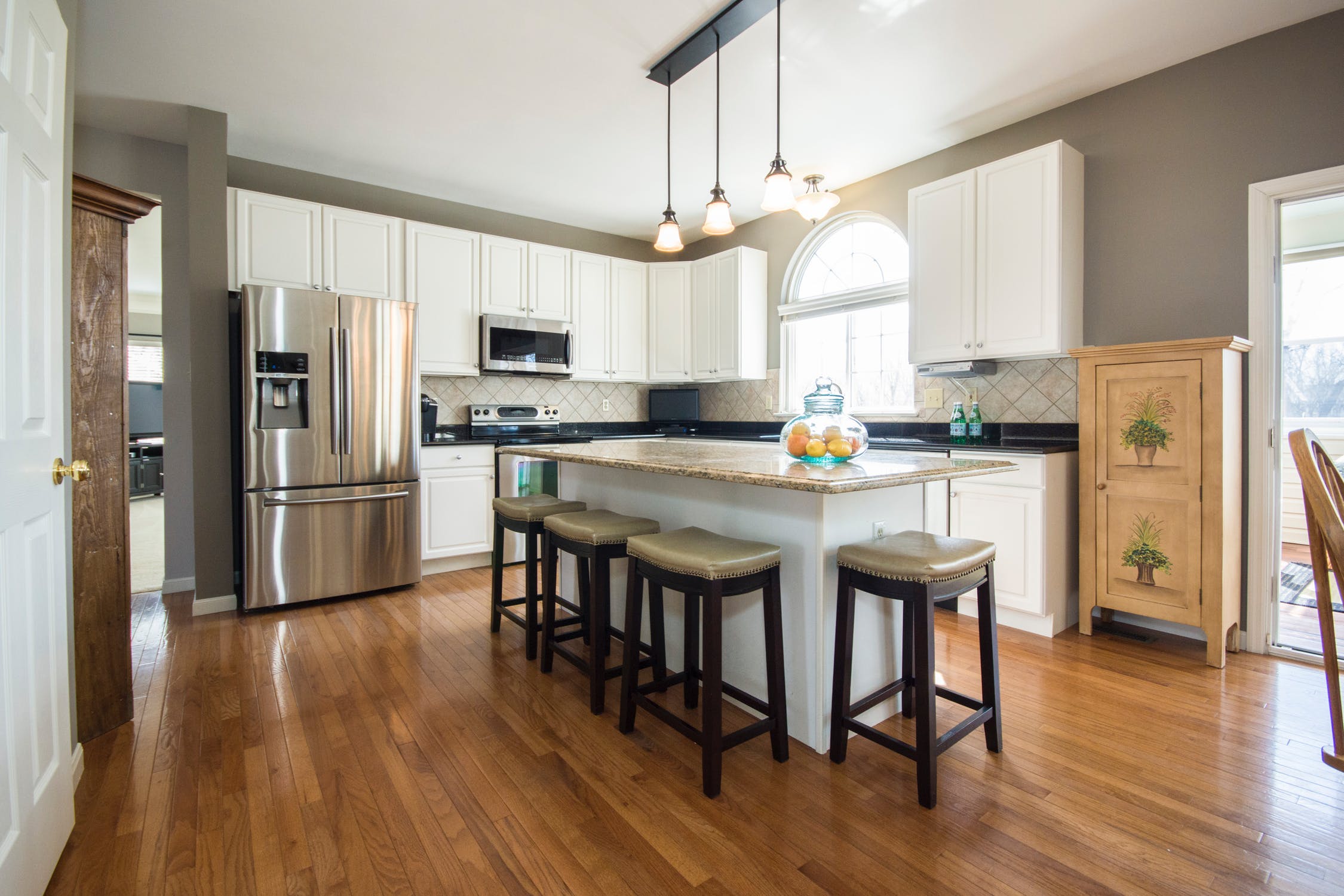In a previous post, we addressed how to determine your maximum allowed mortgage payment and to how much of a mortgage that corresponded. It may have surprised you to learn that the government and quasi-government entities that set the “rules” for most mortgages allow for some pretty high payments in comparison to your income. FHA will allow for a mortgage payment that is 47% of your gross income; if you account for the fact that taxes are taken out of your paycheck, your mortgage payment would be over 62% of your take-home pay. That’s a lot.
The Conventional Wisdom
A perusal of several money sites shows that most money bloggers offer close to the same recommendations. In summary, they state that your total housing payment should be no more than 25%-28% of your income. That means if you make $48,000/yr ($4000/month), your total housing payment should be no more than $1000/month. For an FHA loan, that’s a purchase price of about $165,000.
If I had to give a simple thumbs-up-or-down to this advice, I would say thumbs up. In my experience, that size of a payment is well-suited to that income.
And overall, with a few reservations (such as the fact that they state that the 25% figure should include home maintenance, which is extremely subjective), I tend to agree with this advice. An informal survey of the clients we worked with recently showed that 70% of homeowners have a mortgage payment that is less than 25% of their gross income.
Other Considerations
That being said, I do think it is perfectly acceptable to go beyond that, and even times when your payment should be less. Here are some additional considerations:
- Budget First – Setting a percentage of income as your housing payment benchmark kind of puts the cart before the horse. If you are not managing your finances otherwise, you could still end up in a bad situation. It’s more important to set wise priorities and budget for those. Expenses that should be budgeted for before- or at least simultaneously- determining your ideal housing payment are (these are just a few):
o Adequate Retirement Savings – I stress ADEQUATE (many people are saving far less than they'll need)
o Emergency Savings – This keeps you from having to turn to debt in the case of an emergency
o All-but-Guaranteed Future Expenses – It’s impossible to determine everything, but you know that cars will have to be replaced, student loans paid, etc.
Once you've determined and accounted for your most important priorities, then figure out how much you want to spend on everything else. Let's say that traveling and eating out is more important to you than the size of your home. In that case, the 25% figure may be too high. Or perhaps you really don't spend much otherwise and would really enjoy a bigger or nicer home. In that case, going beyond 25% makes perfect sense. The bottom line is this: as long as everything else is "in order," spend whatever you want on housing!
- Your First Home Will Often Require More – Housing price growth has been outpacing wage growth for a while, and when you buy your first home, you likely will be far from your peak earning years. Expect to pay more for housing as a percentage of your income, but this is also the point where you start to build equity. This makes it so that you can put down more on your next home, making that purchase proportionally smaller.
- It’s the Other Debts That Will Get You – I’ve rarely come across a struggling client where a high mortgage payment was the bulk of their financial woes. It’s the credit cards, the cars, the boats, etc. These payments often add up to more than their mortgage payment, and at much higher interest. Plus, they’re depreciating (decreasing in value), as opposed to appreciating, as homes do, historically. If you’ve got little other debt- and have the self-control to keep it that way- then you can definitely go beyond the 25% housing payment benchmark.
In summary, the question of how much home you "should" buy is a very subjective one. The key is to practice financial responsibility; set and budget for your priorities, be careful with other debts, but understand the investment advantages of homeownership (it may be worth the higher payment). Once you've nailed that, picking the right "number" for your ideal housing payment is the easy part.


